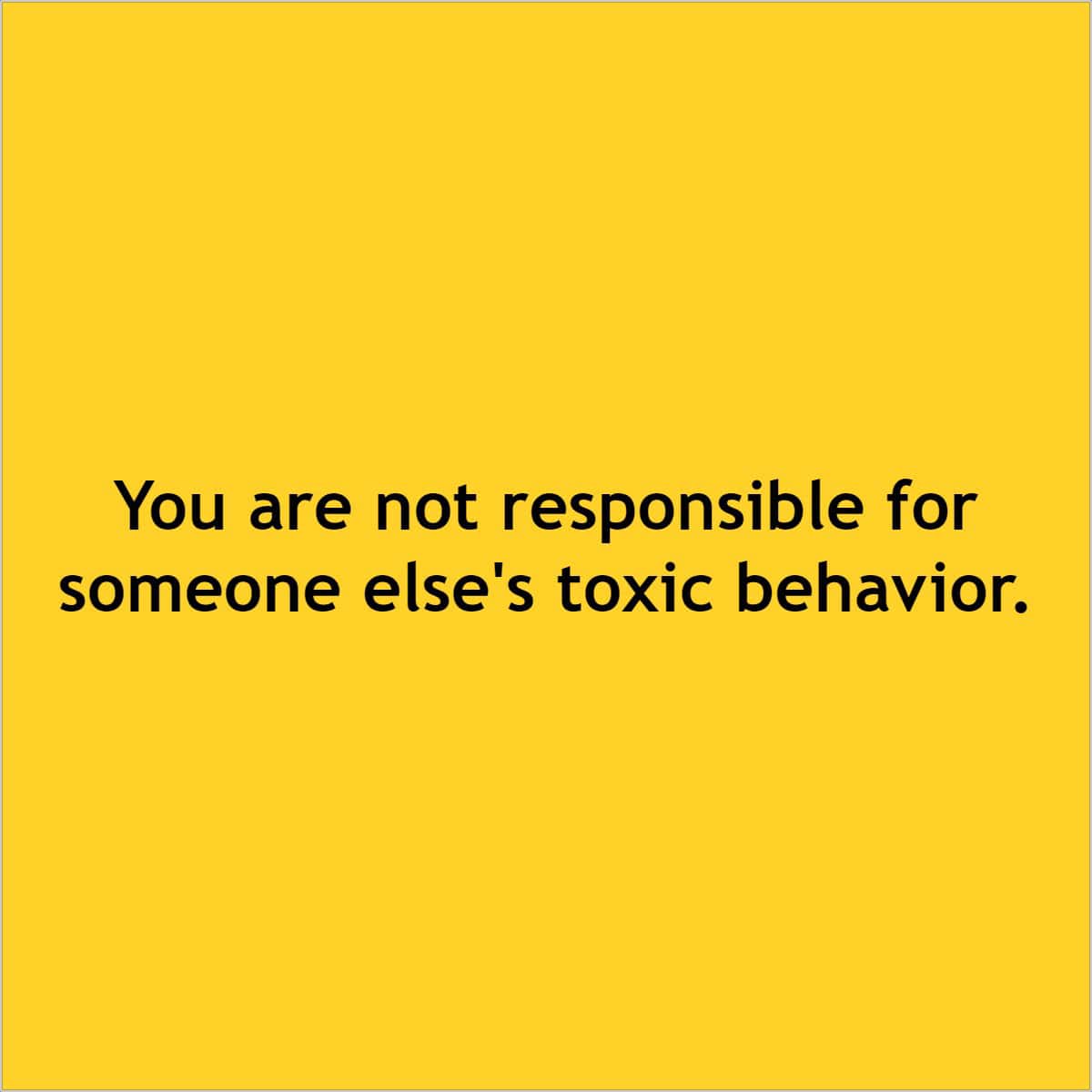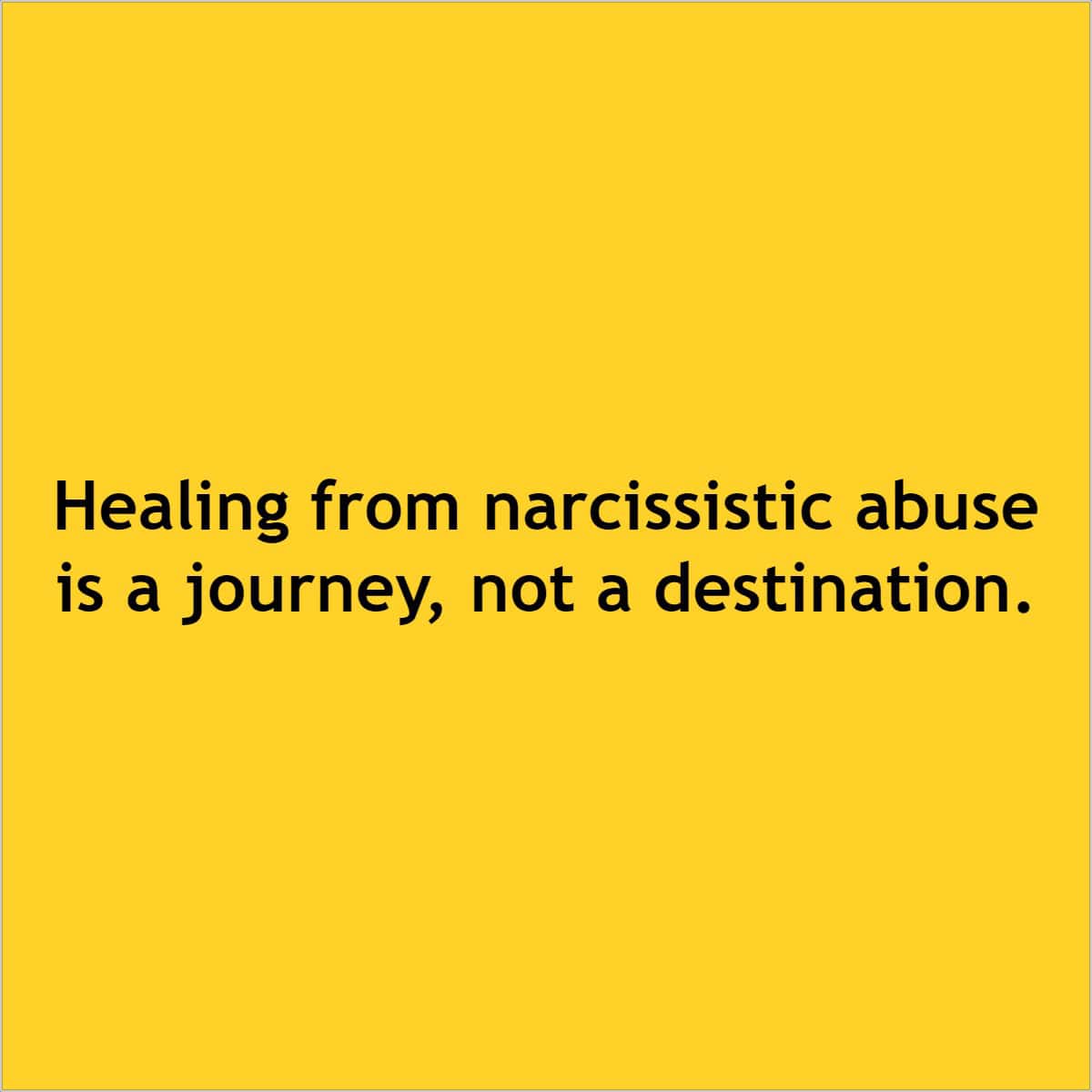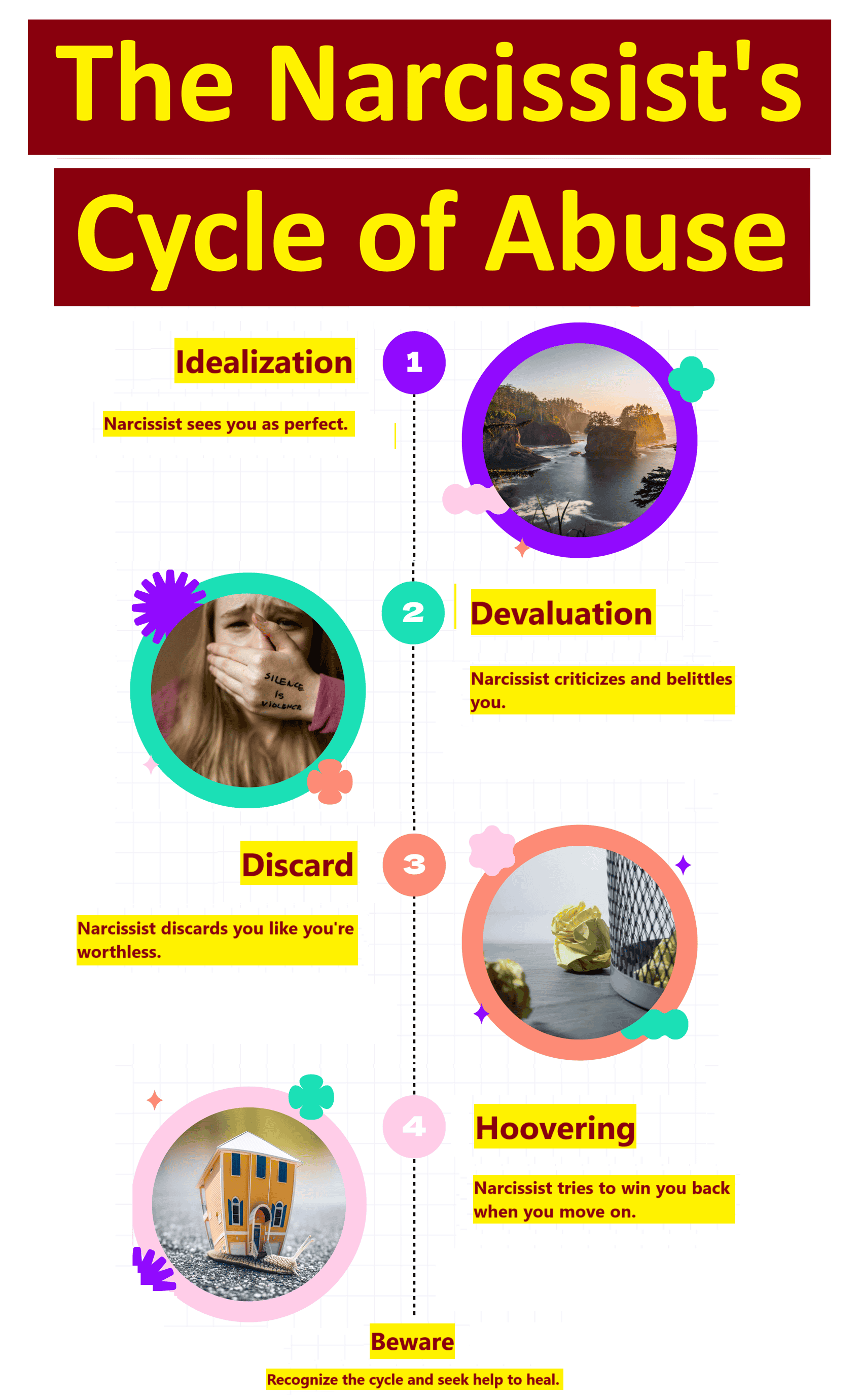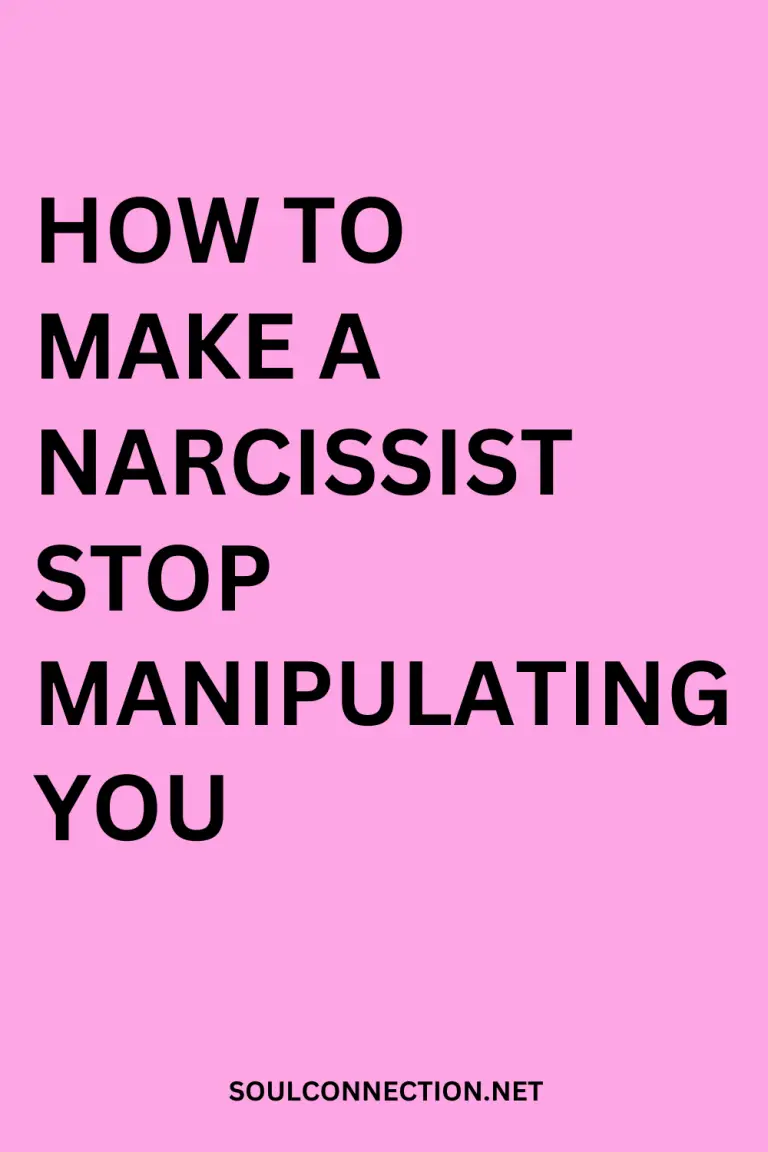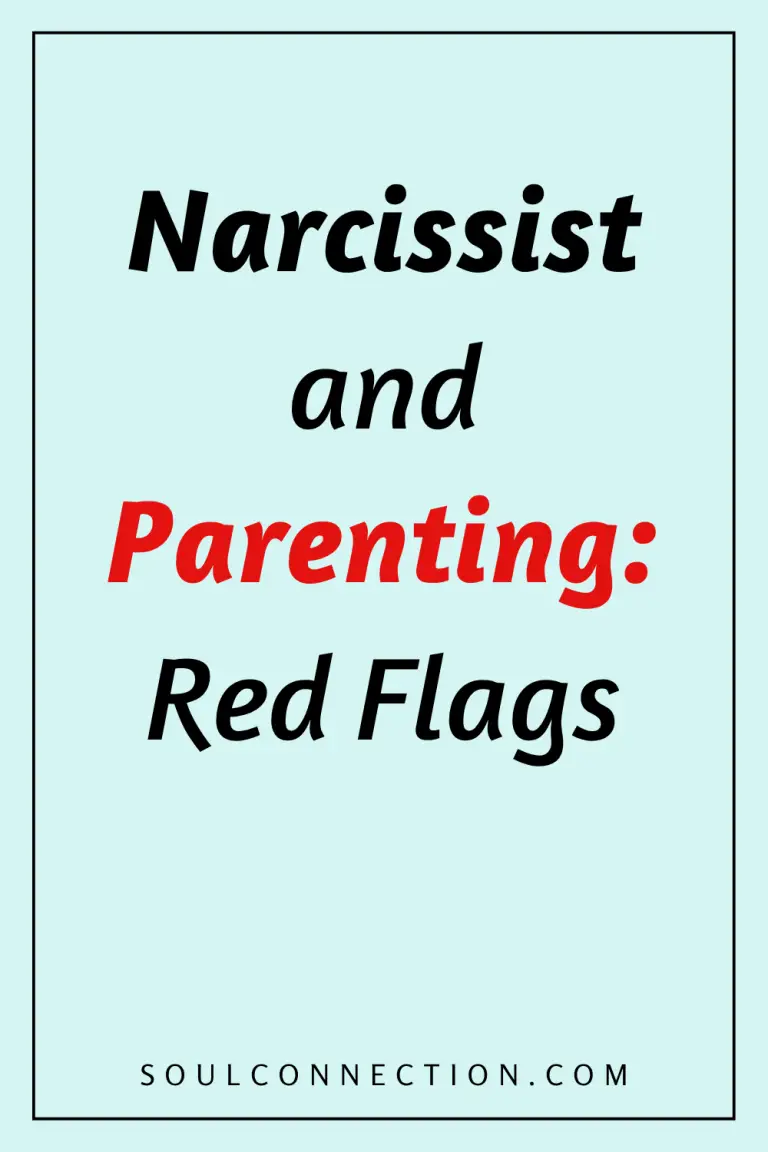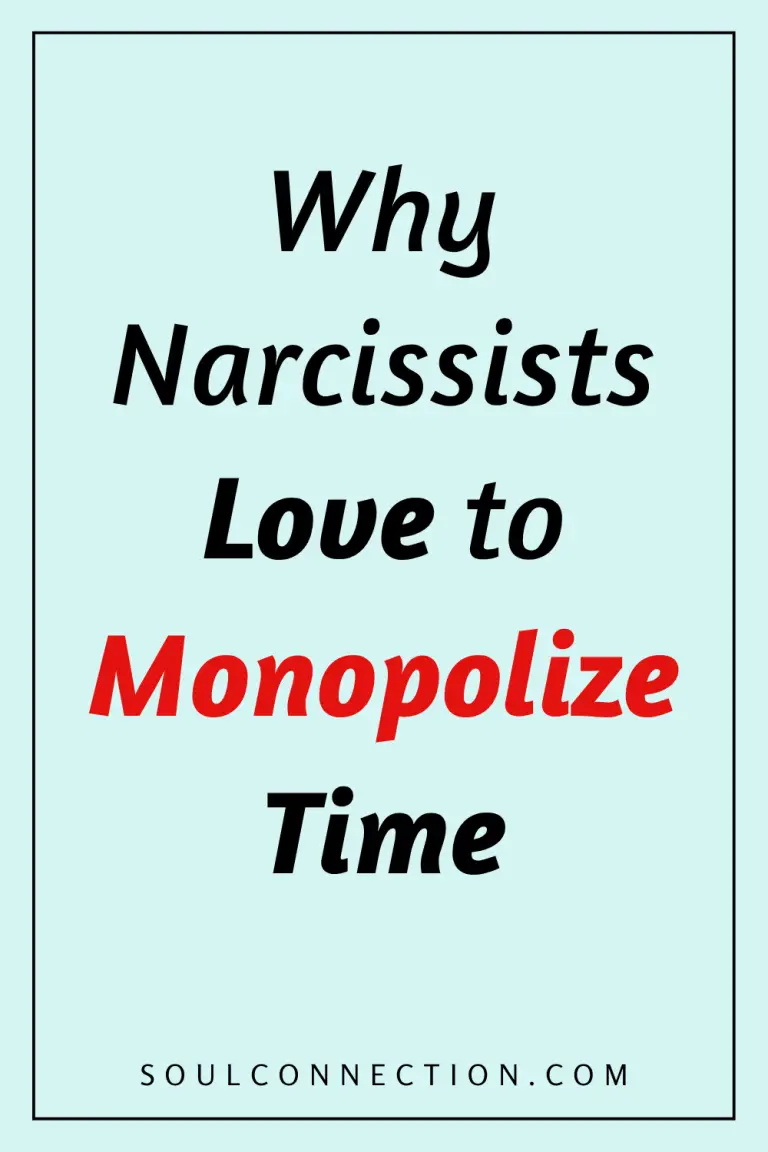10 Signs You’ve Experienced Narcissistic Abuse and How to Recover
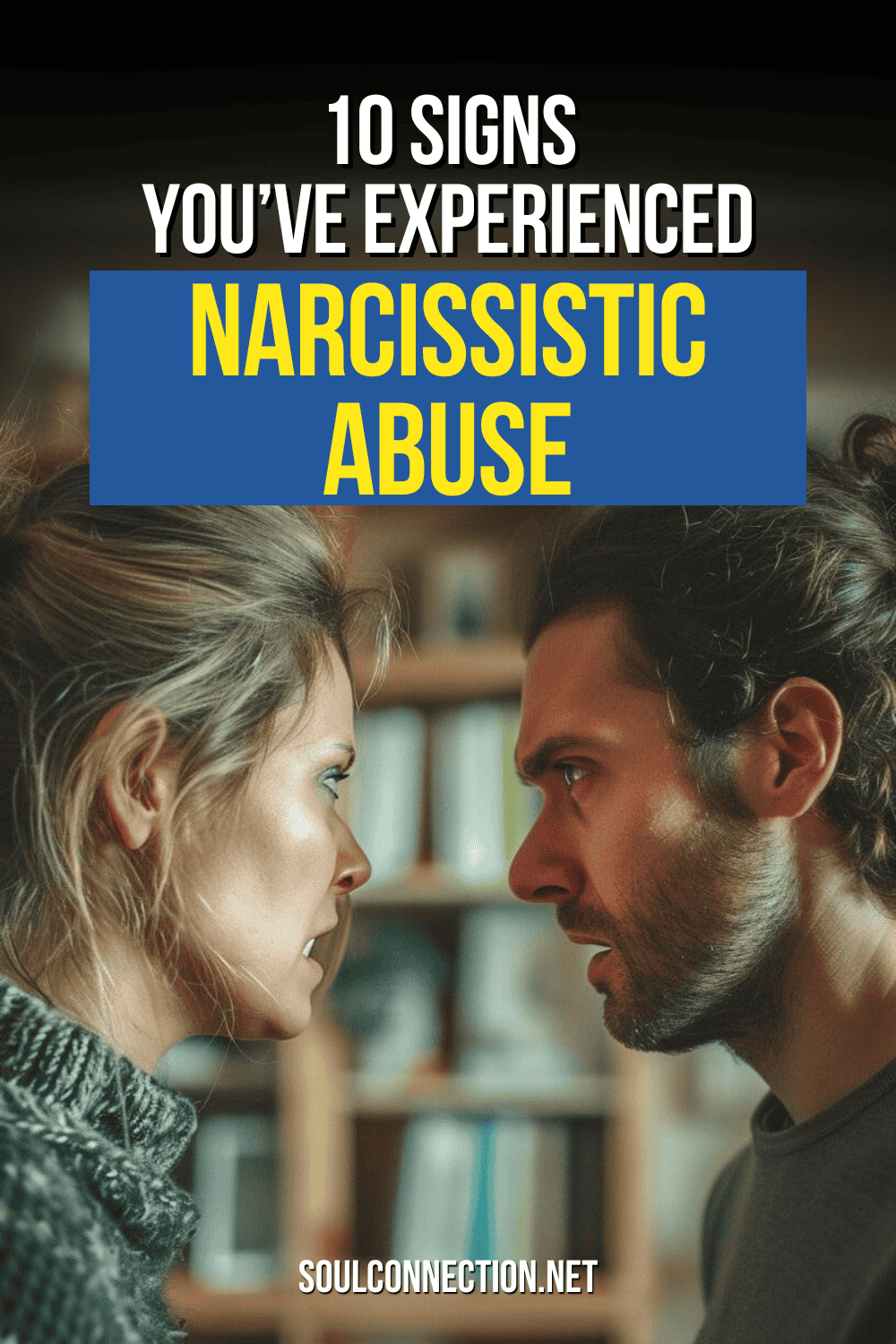
Narcissistic abuse is a manipulative behavior pattern by individuals with narcissistic traits, who crave admiration, feel superior, and lack empathy.
Tactics like gaslighting, silent treatment, and blame-shifting are used to control and belittle victims. Recognizing these behaviors is key to identifying narcissistic abuse.
Victims often feel confused and doubt their perception of reality due to gaslighting. Anxiety, depression, and low self-esteem are common, as are trust issues and difficulty forming healthy relationships.
Long-term exposure can lead to emotional trauma, necessitating professional help for recovery. Understanding these impacts highlights the abuse’s severity and the need for intervention.
10 Clear Signs of Narcissistic Abuse
1. Constant Criticism and Belittling
You’ll find yourself on the receiving end of continuous criticism and belittling remarks. Narcissists often make their targets feel inferior, keeping them in a perpetual state of self-doubt. This criticism isn’t constructive; it’s intended to undermine your self-confidence.
2. Manipulation and Gaslighting
Manipulation is a hallmark of narcissistic abuse, with gaslighting being a common tactic. Gaslighting makes you question your reality and sanity. For example, when they deny things they said or did, insisting that you’re mistaken or overly sensitive, they’re gaslighting you.
3. Lack of Empathy and Emotional Unavailability
Narcissists show an astonishing lack of empathy and remain emotionally unavailable. They fail to connect with your feelings and needs, displaying an indifference that leaves you feeling rejected and isolated. You’ll notice their apathy during moments you need support the most.
4. Control and Isolation Tactics
Control and isolation are key strategies used by narcissists. They might limit your contact with friends and family, monitoring your interactions to ensure they remain your sole focus. This isolation strengthens their control, making it harder for you to seek help or support.
5. Public Persona vs. Private Behavior
There’s a stark contrast between their public persona and private behavior. In public, they appear charming and amiable; in private, they’re critical and manipulative. This duality makes it hard for others to believe your claims, trapping you further in the cycle of abuse.
6. Blame Shifting and Avoidance of Responsibility
Blame shifting is another common sign, where the narcissist avoids responsibility by blaming others. They never accept fault for their actions, turning the tables to make you question your role in the conflict. It’s always someone else’s fault, usually yours.
7. Intermittent Reinforcement and Love Bombing
Intermittent reinforcement, combined with love bombing, keeps you hooked. After periods of neglect or abuse, they shower you with affection, gifts, and attention, making you feel valued temporarily. This cycle creates a confusing attachment, making it harder to break free.
8. Threats and Intimidation
Threats and intimidation become tools to maintain control. They might threaten your relationships, job, or well-being to keep you in line. Even subtle intimidation, like a threatening look or tone, serves to instill fear and compliance.
9. Financial Exploitation
Financial exploitation is another tactic used by narcissists. They might control your finances, restrict your access to money, or force you to account for every dollar spent. This economic abuse leaves you dependent and powerless, making it difficult to leave the relationship.
10. Ignoring Boundaries and Privacy
Narcissists regularly ignore boundaries and invade your privacy. They feel entitled to your personal space and information. You’ll see this when they read your messages without permission or show up uninvited to your personal time, minimizing your sense of autonomy.
Healing from Narcissistic Abuse
Steps Towards Recovery
Identifying narcissistic abuse is crucial, but recovery takes deliberate steps. Start by setting clear boundaries with the narcissist to protect your mental space. Limit contact or go no-contact if possible. Seek emotional support from trusted friends and family members who understand your situation.
Self-care is essential. Engage in activities you enjoy to rebuild your sense of self and confidence. Journaling can help process your experiences and emotions. You may want to establish a daily routine to regain a sense of normalcy and control.
Educate yourself about narcissistic abuse to understand the dynamics and feel more empowered. Consider joining support groups where you can share your experiences and hear from others who have been through similar situations.
When to Seek Professional Help
Professional help is invaluable in recovering from narcissistic abuse. If you find it challenging to cope, experience severe anxiety, depression, or PTSD symptoms, it’s time to seek therapy.
Licensed therapists, especially those experienced in dealing with narcissistic abuse, can provide strategies tailored to your situation.


